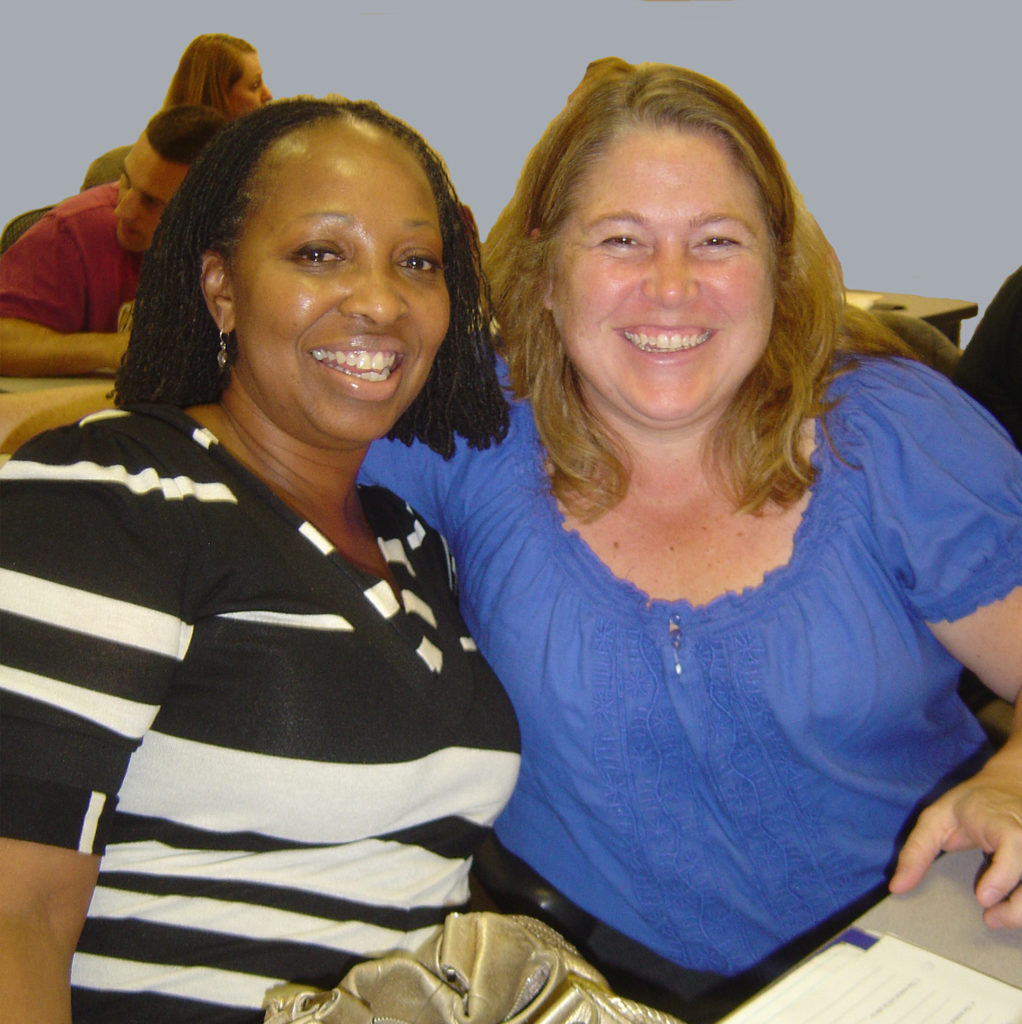Read about our programs and alumni in this UMES news story!
Objectives of the Programs

The Department of Technology offers a Master of Education Degree Program (M.Ed.) in Career and Technology Education (CTED). The program is intended to refine the student’s knowledge and skills to become master classroom teachers, trainers, resource teachers, specialists, supervisors, and administrators in Career and Technology Education. The program is also designed to prepare teachers and educational leaders to qualify for Advanced Professional Licensure (APL) in Maryland.
Students are admitted to the M.Ed. program at the University of Maryland Eastern Shore (UMES). Coursework is offered through UMES at the Baltimore Museum of Industry (BMI) location and other satellite sites throughout Maryland. The course of study may vary with the experience, qualifications, and career development needs that individual students bring to the program.
The overall goal of the graduate program in Career and Technology Education is to prepare individuals to become master teachers, administrators, and leaders who are professional, reflective, innovative, value diversity and effective. Graduates will be proficient in developing, instructing, coordinating, and directing quality programs in Career and Technology Education. The following program objectives assist in accomplishing this goal:
- Provide opportunities for individuals to gain professional knowledge, skills and dispositions in teaching and training.
- Prepare individuals to build upon the content knowledge they have acquired in their related baccalaureate degree by providing additional professional knowledge and content necessary for advancing careers in teaching and administration.
- Develop individuals who can implement Common Core State standards, national content standards, and Science-Technology-Engineering-Mathematics (STEM) standards into curriculum, training and instruction.
- Prepare teachers and leaders who are knowledgeable of research, theory and practice related to effective curriculum development, instruction, assessment and organization and management of CTE classroom and laboratory facilities.
- Develop teachers and leaders who are professional, committed, reflective, continuous learners, and contributors to the enhancement of the teaching and training profession.
- Prepare teachers and leaders who demonstrate sensitivity and effective interpersonal skills in working with culturally diverse populations.
Accreditation and Program Approvals
UMES’ teacher education and school counseling programs are accredited and approved by the Maryland State Department of Education (MSDE). The M.Ed. in Career and Technology Education is part of the Professional Education Unit Council (PEUC) and teacher education programs at UMES. While a member of the PEUC, the only accreditation standards the CTE programs are evaluated on are the Maryland Program Approval Accreditation requirements from the Maryland State Department of Education. The certificate programs were approved by the University System of Maryland (USM) and the Maryland Higher Education Commission (MHEC) in May of 2024. The M.Ed. program and certificate programs were approved by MHEC to offer in both hybrid and online modalities.
Program Outcomes
Students who complete the M.Ed. program in Career and Technology Education will be expected to demonstrate successful achievement in the philosophy, mission, vision, goals, and evolution of Career and Technology Education. They will develop the following professional outcomes:
- Knowledge and application of Maryland State standards-based curriculum in Career and Technology Education areas.
- Development of administrative and leadership skills in Career and Technology Education.
- The ability to conduct research on important topics and issues in education and training, specifically Career and Technology Education.
- Application of research and inquiry for the improvement of classroom and laboratory instruction.
- Understanding of the learner’s physical, cognitive, and emotional development and the implications for learning and instruction.
- Knowledge of the social contexts in which education occurs, the philosophical perspectives which influence teaching and learning, and an understanding of personal beliefs related to the role of the teacher and the learner.
- Skills and knowledge necessary to assist learners with special needs and diverse cultural backgrounds in an instructionally integrated setting.
- Ability to organize and manage a classroom and laboratory on the basis of research, best practices, expert opinion, personal attributes, and student learning needs.
- Development and application of a variety of teaching/learning strategies and techniques.
- Appropriate use of a variety of approaches to assess and evaluate instructional outcomes.
- Use of instructional technology, including computers and media, for classroom, laboratory and professional needs.
- Application of theory and best practices in classroom laboratory situations through field experiences.


